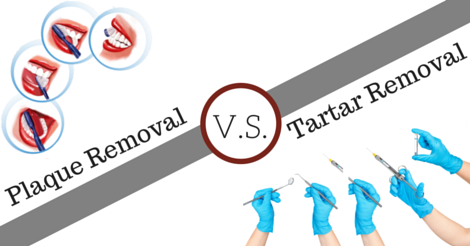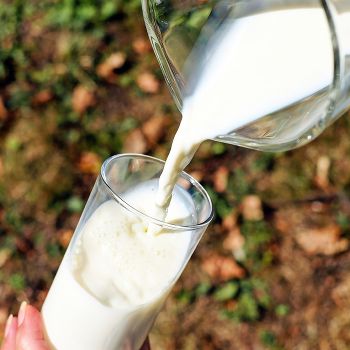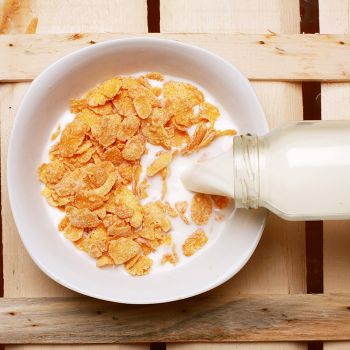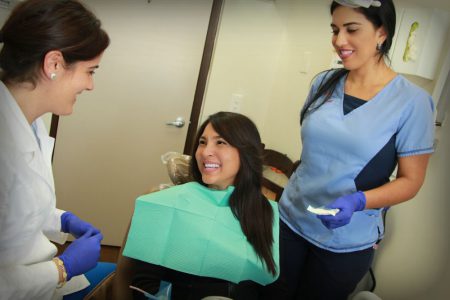THE LAST THING YOU WANT to worry about when you’re sick is your dental health. Unfortunately, your teeth can be extra vulnerable when cold and flu season strike. If you find yourself under the weather, read on for helpful tips on protecting your mouth!
More
WE OFTEN GET THE QUESTION from our patients, “What’s the difference between plaque and tartar?” Many people think they are the same thing. There is an important difference between the two, however, and it can help explain just why a daily oral hygiene routine is so crucial, as well as twice-yearly visits to your dentist.
What Is Plaque?
Dental plaque is that soft, sticky film that builds up on your teeth and under your gums throughout the day. And guess what? It contains millions of bacteria! When you eat—especially carbohydrates or sugar—you’re not the only one getting a meal, so are the bacteria on your teeth. After “eating,” these bacteria produce acids that erode your tooth enamel and cause cavities.
More
TOOTH ENAMEL is the hardest substance in the human body. But don’t let that fool you–it’s far from invincible. In fact, there are things you may be doing on a regular basis that weaken your enamel, which could lead to more frequent cavities, tooth discoloration, and sensitivity.
Tooth Enamel Acts As A Protective Barrier
The enamel makes up the tooth’s protective outer layer and is the first line of defense against harmful acids and bacteria. Unlike other parts of the body, tooth enamel cannot regenerate or heal. This means that once damage is done to the enamel, it cannot be repaired. That is why we want to give you some tips on how to best take care of your teeth and keep your tooth enamel in tip top shape!
More
THE CDC REPORTS THAT 1 in 5 children (between ages 5 and 11) in the US have untreated tooth decay. Not only should tooth decay be treated in regular dental appointments, it should be prevented! Tooth decay is 100 percent preventable with effective personal care and regular dental cleanings.
In honor of Children’s Dental Health Month, we’re spreading the word about children’s dental health.
More
DIABETES IS ONE OF THE MOST prevalent chronic diseases today. In fact, 29.1 million people in the U.S. have diabetes and millions more living with the condition don’t even know they have it.
You may know that diabetes can result in other health complications such as vision loss, heart disease, stroke and kidney disease. But many are surprised to learn of the impact diabetes can have on your mouth.
More
ACCIDENTS ALWAYS SEEM to happen when we least expect them. When those accidents involve tooth damage, it’s important to know what steps to take. Being prepared before a dental emergency occurs can save a damaged or knocked out tooth, prevent infection and decrease the need for extensive treatment.
Step One: Find Your Dental Home
The most important step to being well-prepared for a dental emergency is establishing a dental home. This means finding a dental practice that is right for you and sticking with it. When the worst happens unexpectedly, it can be a great help to have a dentist and practice you trust by your side.
More
THUMB SUCKING IS NORMAL for infants, but many parents wonder about its effect on their child’s future dental health. As a parent, you may have questions such as, “When should I be worried about thumb sucking?” or, “What will happen if my child continues to suck their thumb?”
Because thumb sucking is so widespread–it’s estimated that about 75 to 95 percent of infants suck their thumb or fingers at some point–we want to help parents understand why it happens and how you can help your child break the habit if necessary.
More
WE’VE ALL HEARD calcium builds strong bones and is key to preventing osteoporosis. But did you know taking in the right amount of calcium also has a huge effect on our oral health?
Calcium Benefits Our Oral Health
Does calcium really make a difference in our oral health? The answer is yes! Even before we’re born, we begin storing a supply of calcium and other nutrients to grow strong, healthy teeth and bones. As we grow older, calcium continues to repair and strengthen our teeth, making them more resistant to decay and fortifying them against disease.
More
PEOPLE ARE COMMONLY CONFUSED about what the exact role of a dental assistant is. What does an assistant take care of vs. a dental hygienist, for example? We want to set the record straight! Our dental assistants are an invaluable part of our team and practice–to be honest, we couldn’t get much done without them!
More
THROUGHOUT LIFE PEOPLE get regular prostate exams, mammograms, and colonoscopies. These preventative health care exams are extremely important for detecting any abnormalities–including cancer–early, so they can be treated as soon as possible. These exams save lives. So do oral cancer screenings.
More










